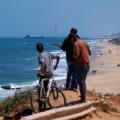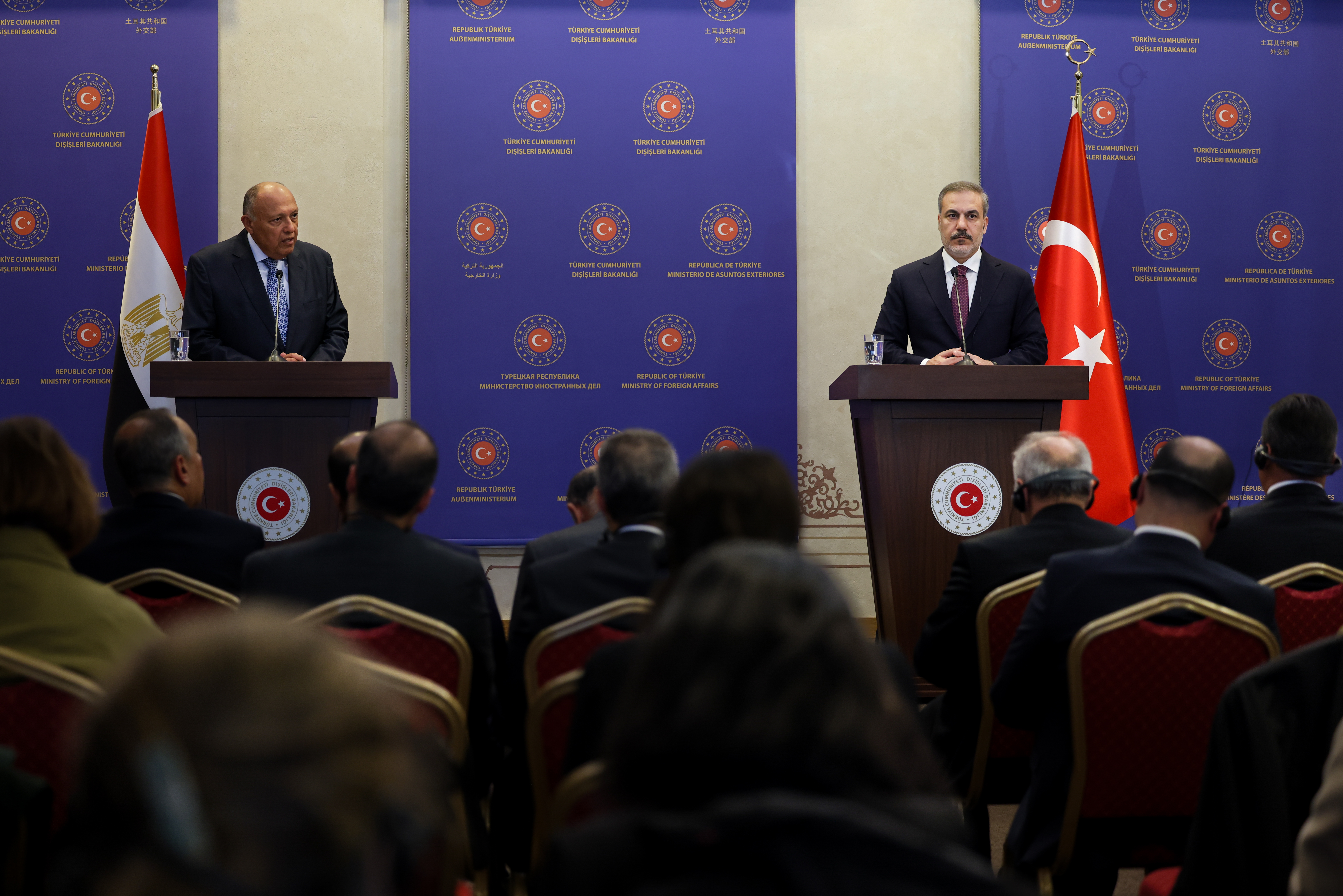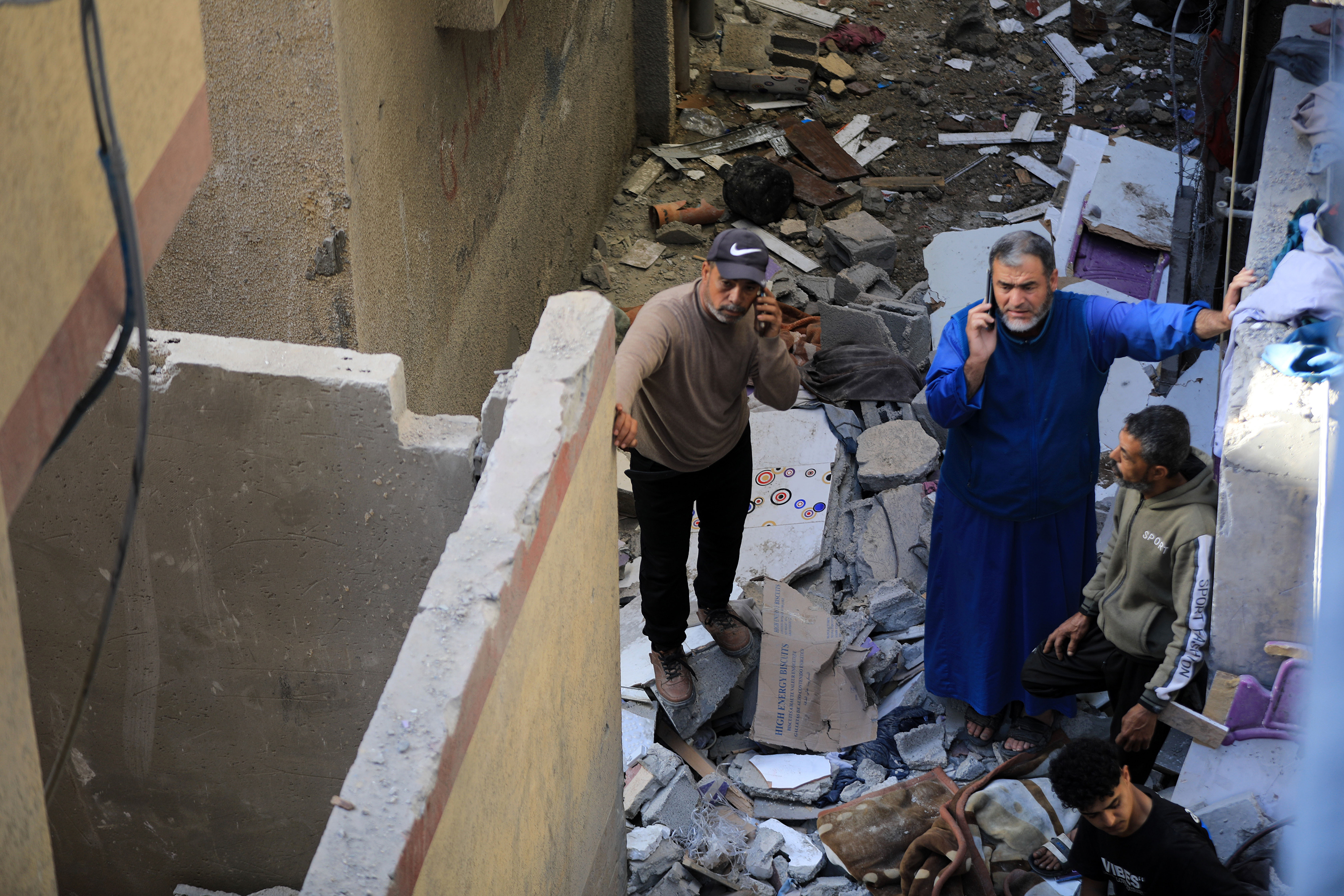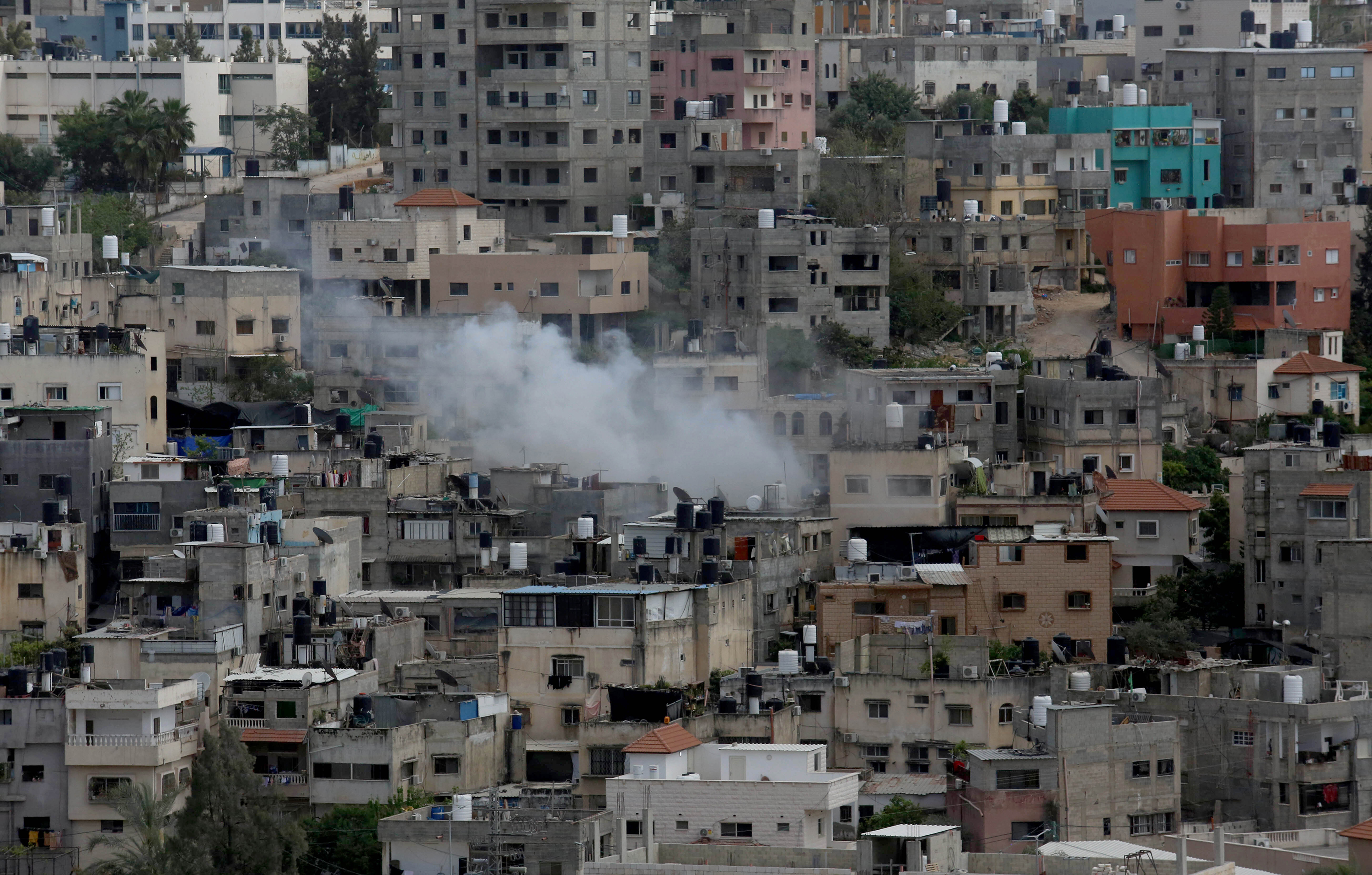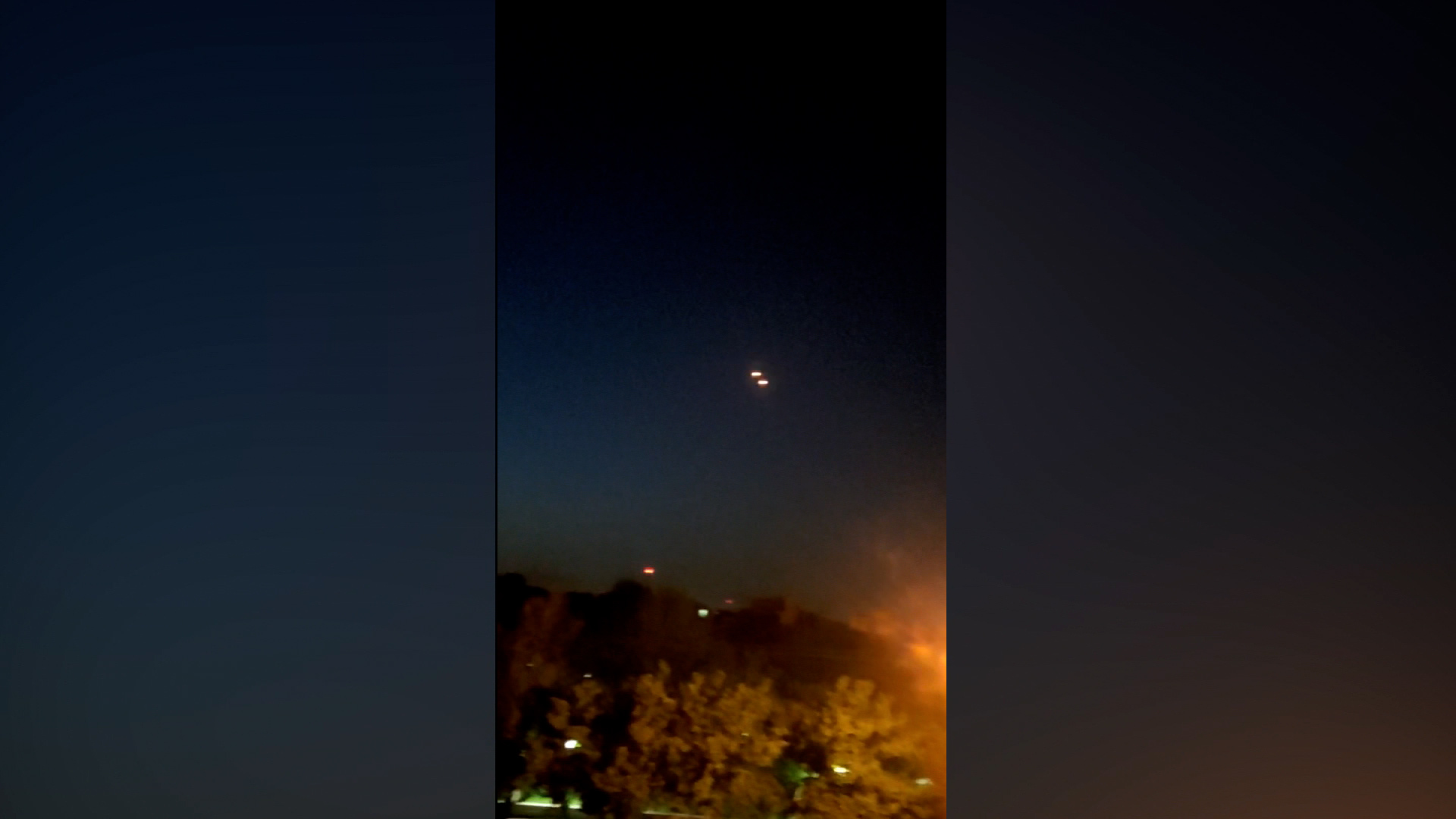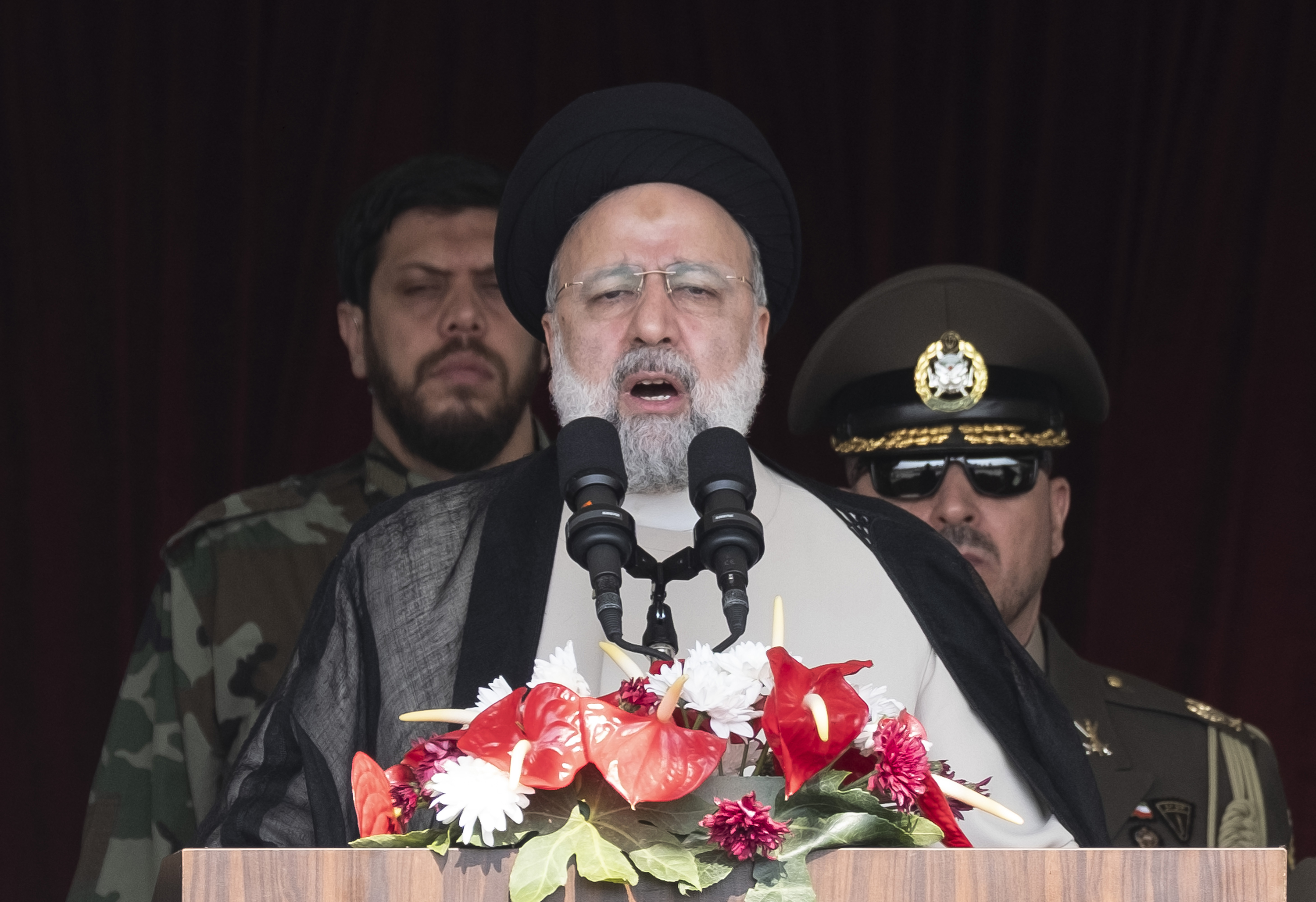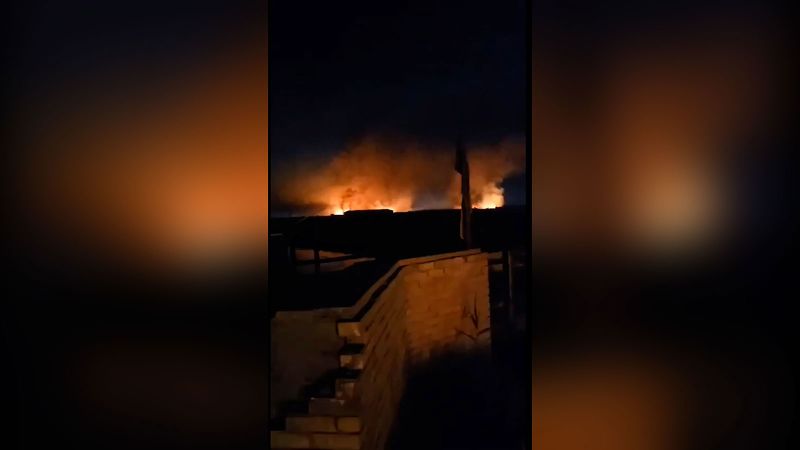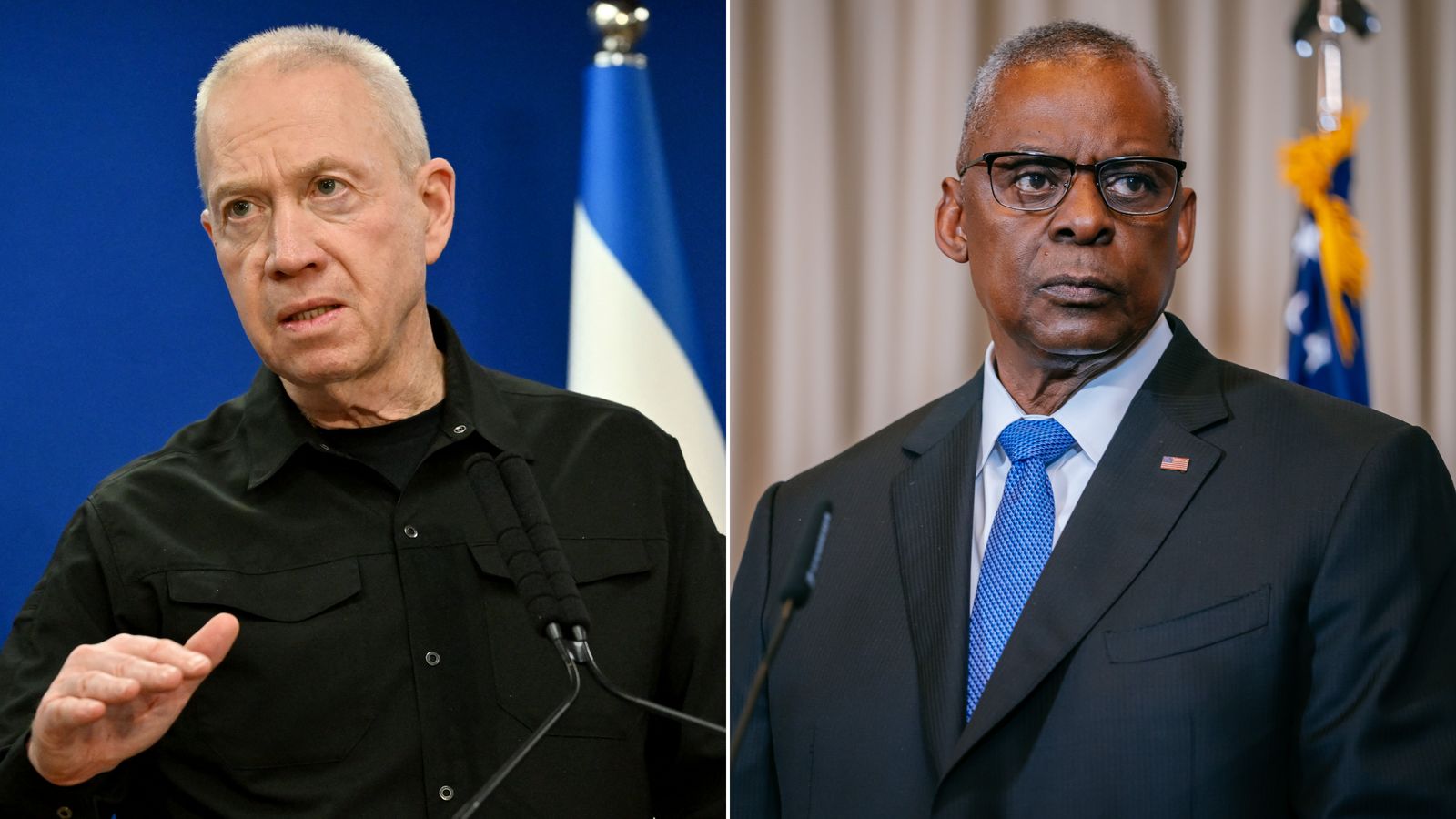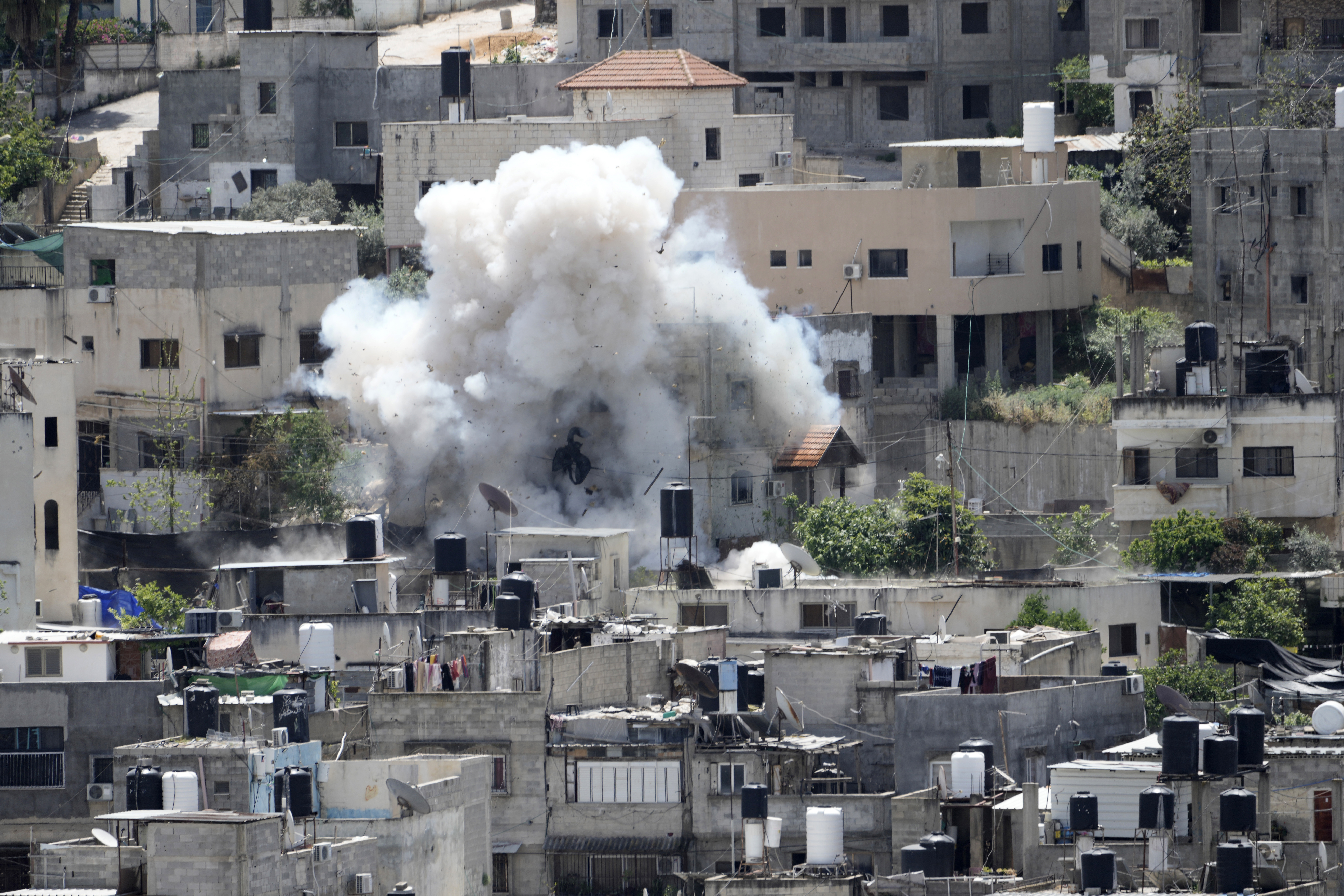
The Israel Defense Forces said Saturday that security forces had killed 10 "terrorists" in an ongoing operation in Nur al-Shams, a refugee camp in Tulkarm, in the north of the occupied West Bank.
“IDF and Israel Border Police forces are continuing extensive counterterrorism activity in the area of Nur Shams. Thus far, the security forces eliminated ten terrorists during encounters, apprehended eight wanted suspects, exposed explosive devices and routes, and conducted searches in structures,” the IDF said in a statement.
“Security forces located and destroyed a terror explosives laboratory, and confiscated numerous weapons, including pistols, M16 rifles, and additional military equipment.”
The IDF said eight of its soldiers and one Border Force officer were injured.
Palestinian reports: Earlier Saturday, the official Palestinian news agency, Wafa, said five people had been killed during Israel's operation in Nur al-Shams. One of those killed was a child, according to Wafa, while the Palestinian health ministry said another was 16.
Wafa cited witnesses as saying the Israeli military was withholding the "bodies of the victims and preventing ambulance crews from reaching them."
Bulldozers destroyed water and wastewater networks and caused electricity outages, according to Wafa, while “dozens of youths” were detained.
The operation appears to be one of the largest in the West Bank since October 7.
